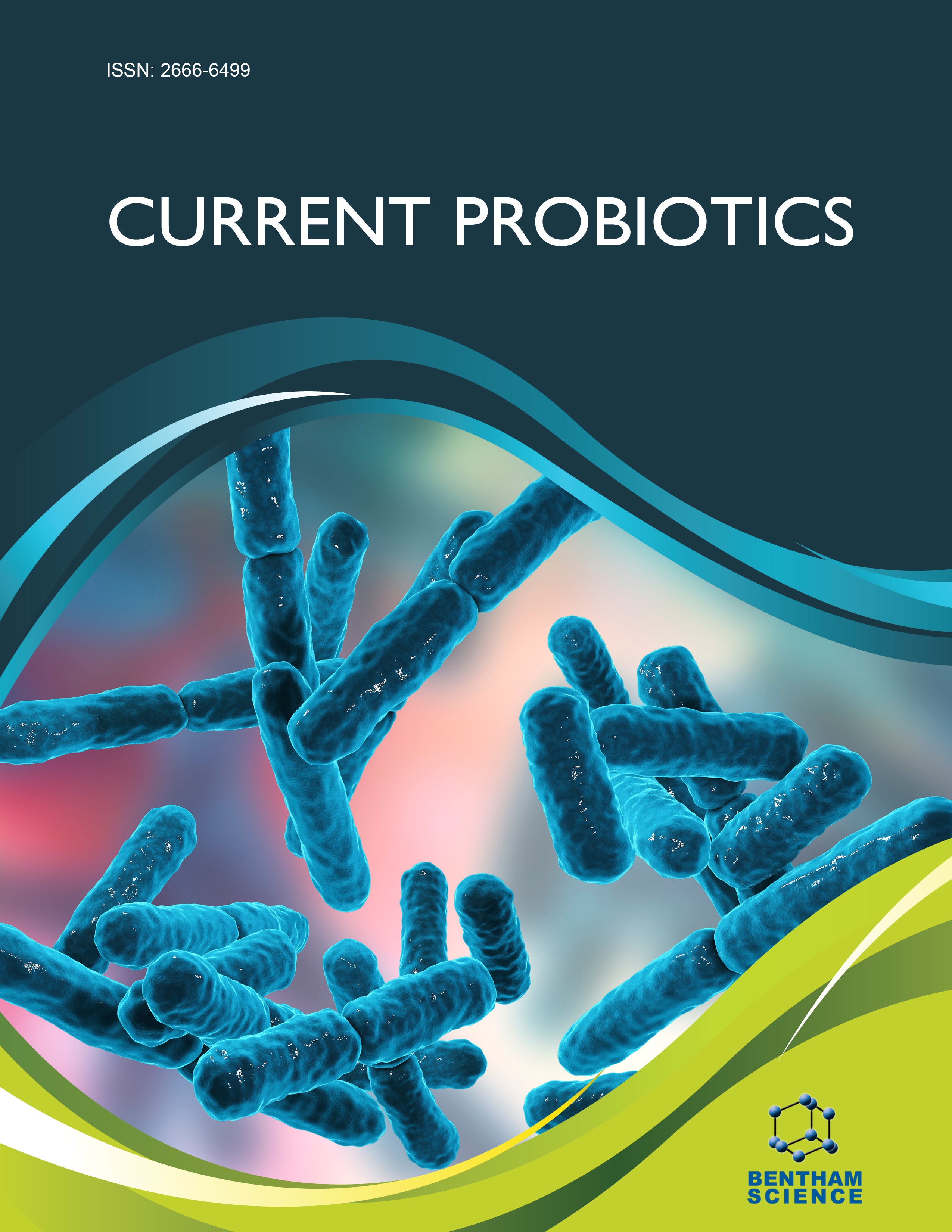
Full text loading...
The objective of the present study was to select potent probiotics by evaluating the survival and colonization properties of some probiotic bacterial strains in fish intestinal milieu and fish growth promotion.
The fish culture experiment was conducted in aquariums (60 l) introducing twenty fingerlings per aquarium (L. bata, 10 fingerlings and L. rohita, 10 fingerlings) and feeding through different supplementary feed fortified (inoculated) by eleven different probiotic strains of Lactobacillus fermentum (As11, Cd16, Cd28, Pb8 and Pb9) and Lactobacillus reuteri (Butch14, Butch21, Chlop24, Chlop13, Stpt9 and Stpt41). The survival of probiotic bacterial and fish growth was recorded at regular intervals.
The higher population (1 – 61 cfu x 104/g) and colonization efficiency (CE; L. bata, 1266 to 2000%) of different probiotic strains were observed in the intestinal milieu of fish treated with probiotics. Although all probiotic-treated fish showed a higher absolute growth rate (AGR; L. bata, 0.02 – 0.049 g/day and L. rohita, 0.2 – 0.5 g/day) compared to the control, the Butch14, As11, and Stpt41 strains exhibited an excellent AGR than the other strains. The negative correlation between CE and AGR (r2 = -0.577 for L. bata and r2 = -0.379 for L. rohita) signified that probiotic bacterial CE is not the primary fish growth-promoting factor.
It can be concluded that the employed Lac. fermentum As11 as well as Lac. reuteri Butch14 and Stpt41 could be considered excellent probiotic candidates, and probiotic-mediated fish growth is largely dependent upon the type of probiotic strains rather than the CE of probiotics.

Article metrics loading...

Full text loading...
References


Data & Media loading...

